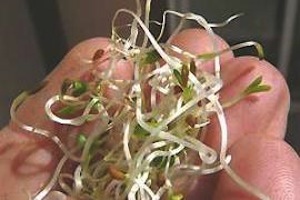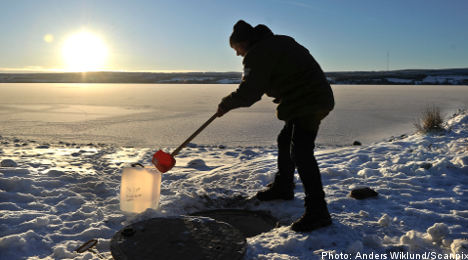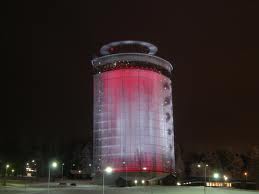Sorenne’s day care had its own petting zoo on Thursday with sheep, ducks, and others. I’d been in Brisbane less than 24 hours and had to finish marking papers so didn’t stick around to observe the interactions, but I attempted to ensure the kids were going to be .jpg) washing with soap and water, not just sanitizer, and that staff would be watching to minimize the hand-on-ruminant-and-into-mouth move favored by 2-year-olds.
washing with soap and water, not just sanitizer, and that staff would be watching to minimize the hand-on-ruminant-and-into-mouth move favored by 2-year-olds.
A petting zoo in southern Sweden closed its doors after it was confirmed that at least one foal was infected with salmonella.
Although one park visitor was first suspected of contracting salmonella after petting the zoo’s salmonella-infected pony, authorities are now saying there is no information about humans having been infected.
The family-run farm, at Foston-on-the-Wolds, had been a firm favorite with school children and families for almost quarter of a century.
But now owners John and Sue Johnston have taken the decision to close the 60-acre site permanently after several visitors to the farm fell ill and a Health Protection Agency investigation launched.
It is believed that six cases of E. coli O157 have been linked to the farm and Mr Johnston said they are working closely with the HPA to help them with their enquiries.

 Germany and one focused around the French city of Bordeaux.
Germany and one focused around the French city of Bordeaux. .jpg) Åkerlind of the infectious disease unit of Östergötland County told
Åkerlind of the infectious disease unit of Östergötland County told 
(1).jpg) completed on Wednesday.
completed on Wednesday. "impossible".
"impossible"..jpg) investigation. A property owner will also be contacted."
investigation. A property owner will also be contacted." revealed at the press conference (photo from
revealed at the press conference (photo from  Swedish news agency TT reported Tuesday
Swedish news agency TT reported Tuesday.jpg) It is feared 3,000 to 9,000 people may be infected.
It is feared 3,000 to 9,000 people may be infected. countries worldwide that don’t have access to clean drinking water.
countries worldwide that don’t have access to clean drinking water.